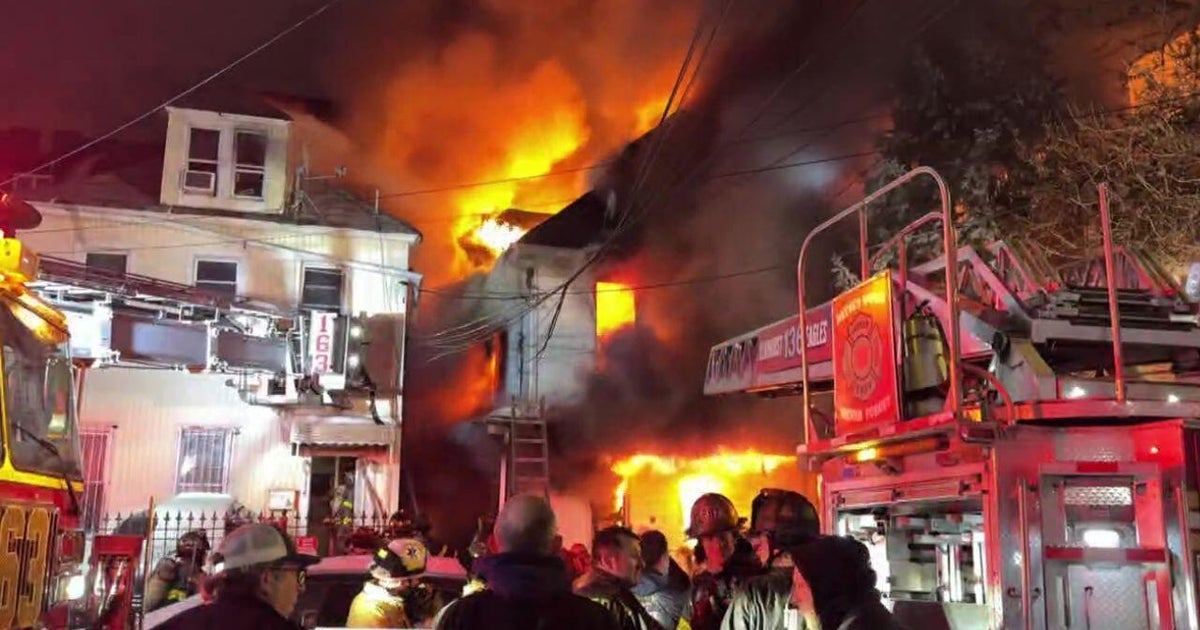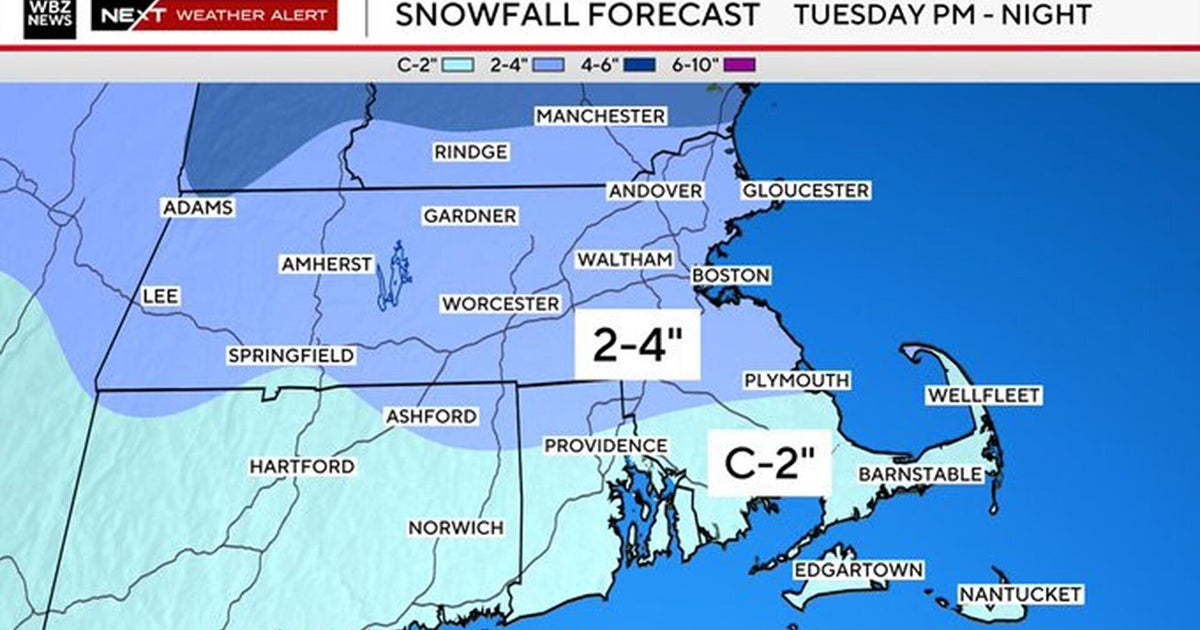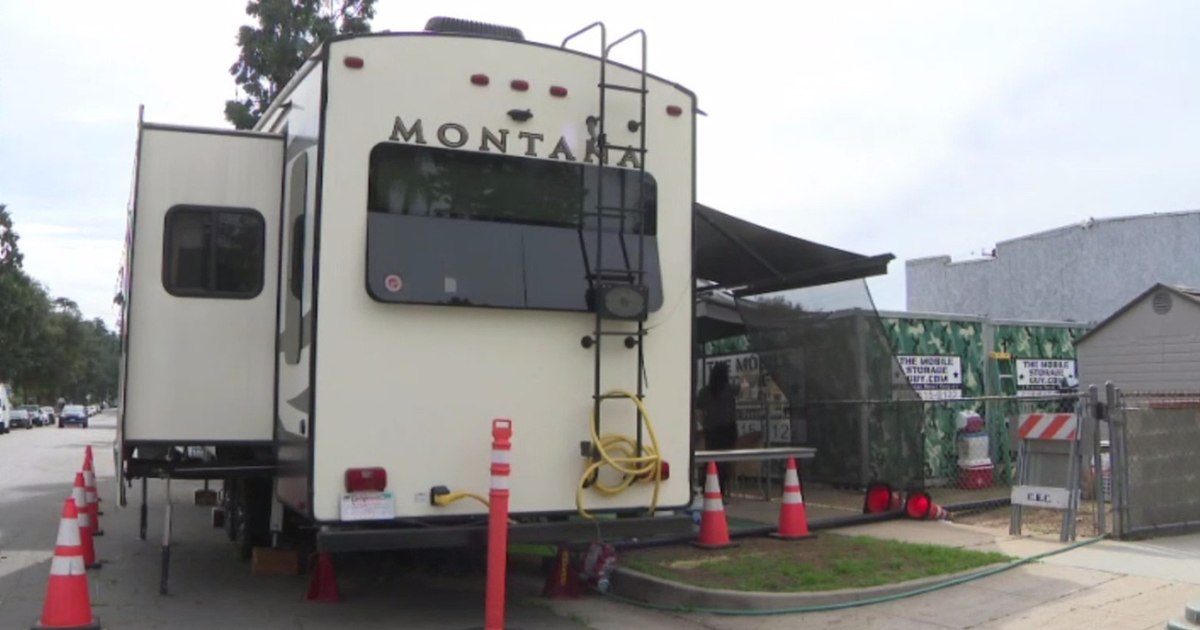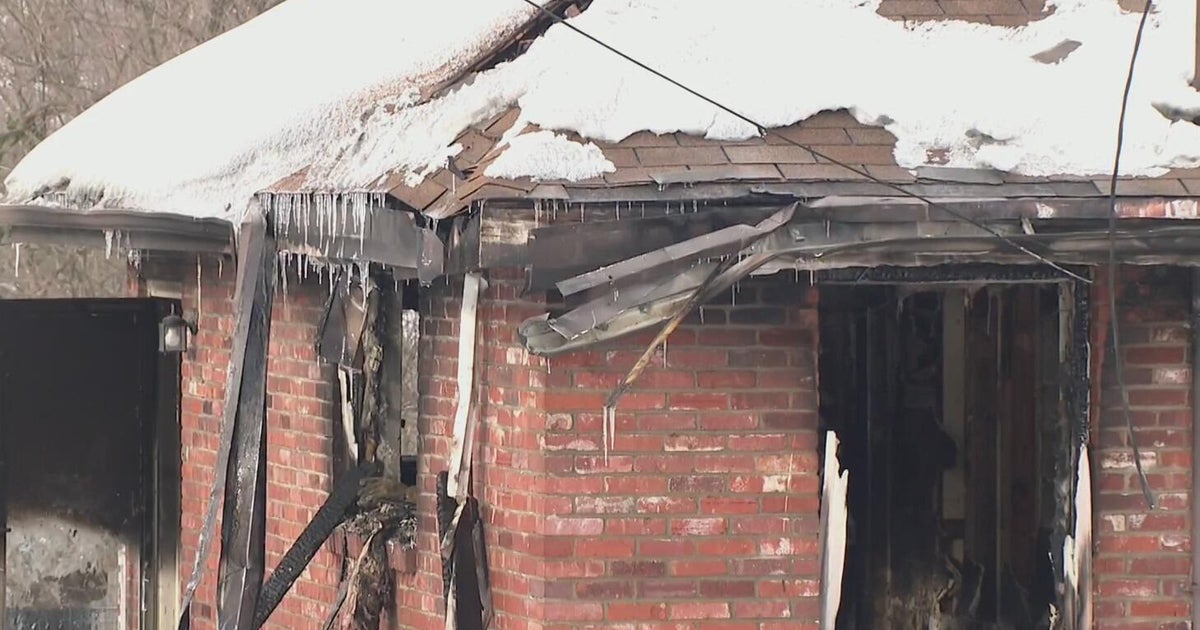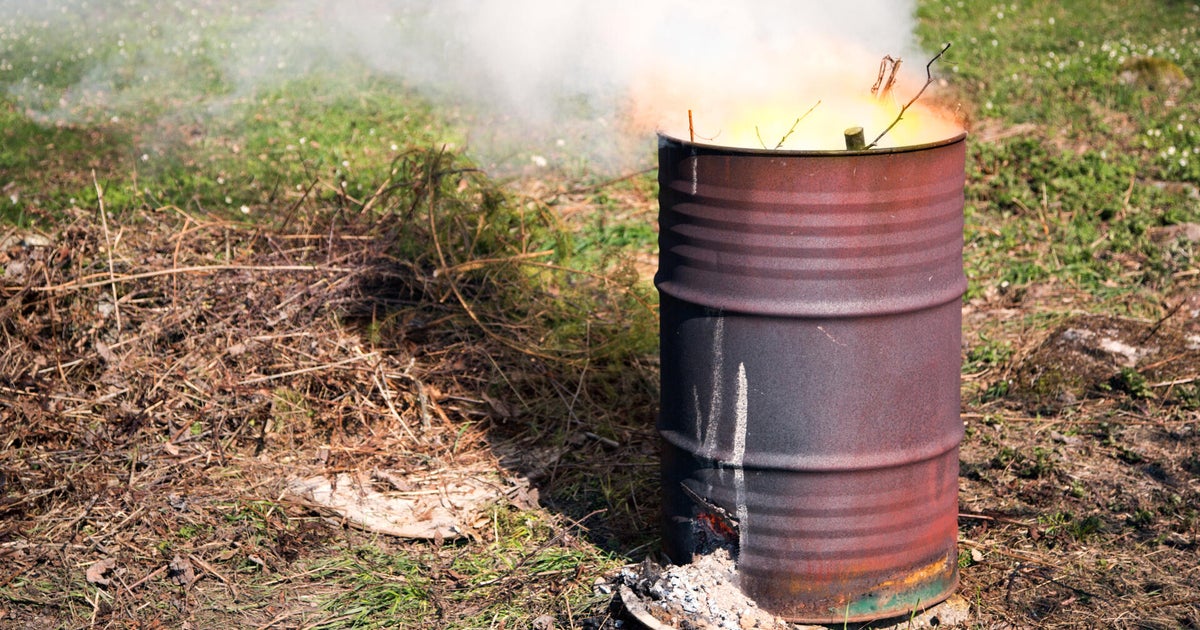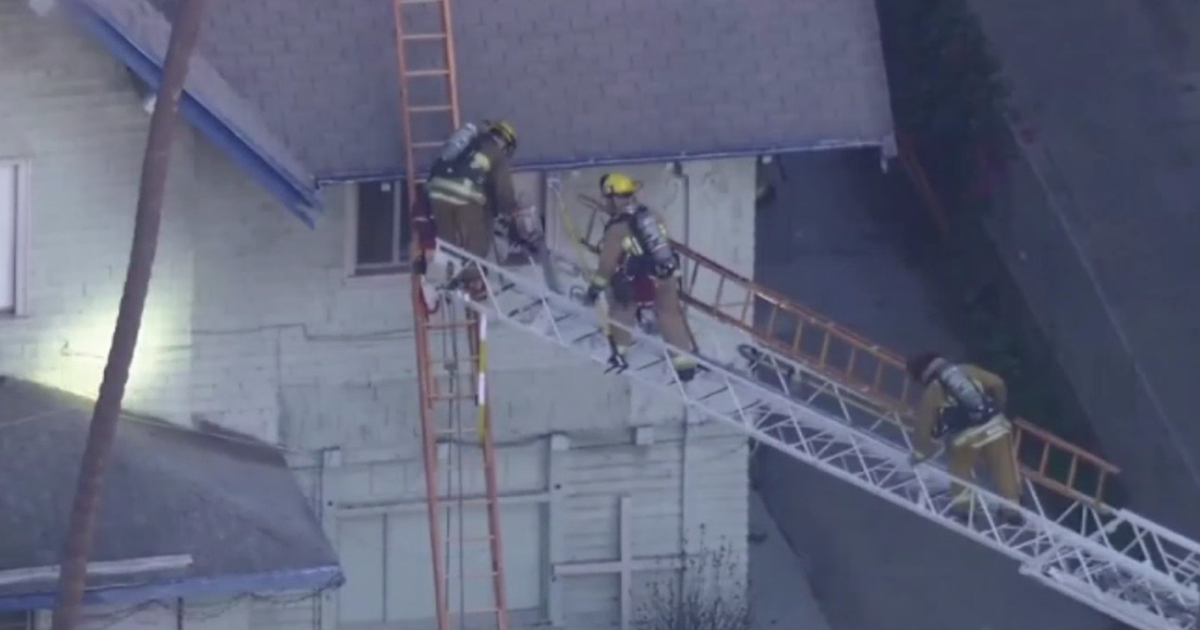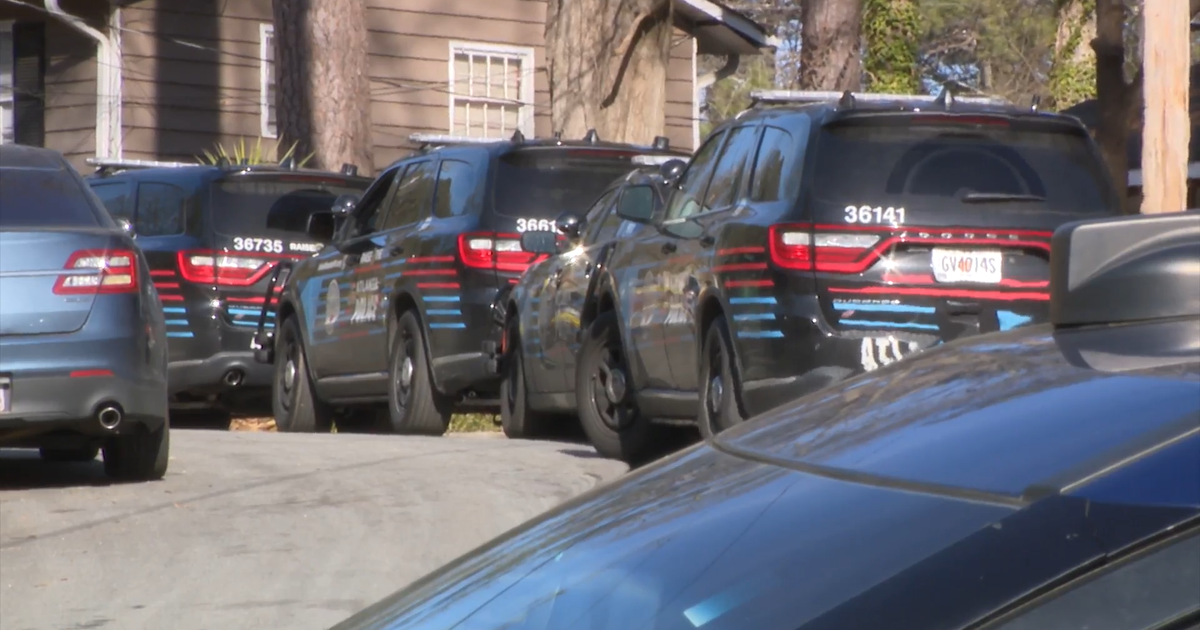Lava From Hawaiian Volcano Destroys Nearly Three Dozen Homes
Follow CBSMIAMI.COM: Facebook | Twitter
HONOLULU (CBSMiami) - At least 35 structures, including at least 26 homes, have now been destroyed by Hawaii's Kilauea volcano and scientists say there's no indication the eruptions are slowing down.
More than 1,700 have been evacuated, many of whom are terrified they will never get to go home again.
At least 10 volcanic fissures spontaneously opened up.
Lava is flowing through Hawaii's Leilani Estates, igniting houses and then slowly consuming them. Authorities are now pleading with tourists and sightseers to avoid Leilani Estates, where lava and fumes are bursting through giant cracks in the ground.
First Lava, Then Quakes
Kilauea volcano erupted Thursday, spewing molten rock and high levels of sulfur dioxide.
Even worse, cracks emerged in the volcano's East Rift Zone -- an area of fissures miles away from the volcano's summit.
But now there's another fear: frequent earthquakes after the eruption.
"That's the big concern for everybody on the island," Ferracane said Monday. "The earthquakes continued through the night."
After a 6.9 magnitude quake struck Friday, Big Island has endured an average of one earthquake per hour.
Residents Return Briefly
Some Leilani Estates residents were able to return home to retrieve pets, medicine and vital documents.
But even a quick visit home could be dangerous.
"Please be aware that because of unstable conditions that involve toxic gas, earthquakes and lava activities, lines of safety can change at any time," Hawaii Civil Defense said. "You must be prepared to leave areas if required."
Is there such a thing as volcano insurance in Hawaii?
The Hawaii State Department of Education said all public schools on Big Island are open Monday, but that students absent due to evacuations would not be penalized. It said school buildings had been checked for earthquake damage and found to be safe.
CAUGHT ON CAMERA: Lava From Kilauea Volcano Consumes Car. Watch here.
Dangerous Volcanic Gases
The eruptions have released high levels of sulfur dioxide into the air, and the federal Agency for Toxic Substances and Disease Registry says the gas can be life-threatening.
Breathing large amounts of sulfur dioxide can result in burning of the nose and throat, and breathing difficulties. Senior citizens, the young and people with respiratory issues are especially vulnerable to the gas, the state's Emergency Management Agency said.
The Hawaii Department of Health has warned consumers that no masks sold to the general public in stores will protect against "the extremely dangerous volcanic gases" being released.
"First responders require special masks and training not available to private citizens," the department said in a statement Sunday.
"The best way to protect yourself and your family from the extremely dangerous volcanic gases is to leave the immediate area of the volcano defined by the police and fire department," it said.
The American Red Cross has opened two shelters at the Pahoa and Keaau Community Centers, where some evacuees have gathered while they await news about their homes.
'I've Got What I've Got On My Back'
Resident Steve Gebbie initially stayed home when evacuations were ordered. But when he saw lava tear through the streets near his Leilani Estates home, he knew he needed to leave.
He didn't know what would become of his house, one he built with his own hands.
"Now it's trying to figure out what the future brings. My work. My job. Am I going to have to move to somewhere else on the island?" Gebbie asked. "I'd have to start over at age 56. That's concerning."
Corey Hale said she wishes she had been able to get more things from her home in Lanipuna Gardens before she left -- like a compass that belonged to her great-grandfather.
"At this point, I've got what I've got on my back," she said. "I didn't realize until this morning, I've got one pair of shoes."
A Moment Of Panic
When Jordan Sonner bought her property in 2016, she knew the neighborhood sat in the shadow of the Kilauea volcano.
She was also aware that one day the volcano could erupt, Sonner said, and lava could overtake the area. But she was more excited about her home and being a first-time homeowner.
"At the time, I understood it as a possibility," she said. But she never thought it would be a reality.
Sonner was at work this week when she heard that lava had erupted in her neighborhood.
"It was a moment of panic," she said, "because the only thing I knew was, 'lava in Leilani.'"
After Hawaii's false ballistic missile alert in January, Sonner realized she didn't have an emergency plan. "I took that to heart, and I got myself and my dogs prepared just in case something were to happen."
This time she was ready. She had bags packed with her clothes, important documents and whatever her dogs would need. The only other item she took was a chain necklace that belonged to her late father.
"I've always said that's the only thing I would run back into a burning building for, barring people and animals," she said. "There wasn't anything that important."
(©2018 CBS Broadcasting Inc. All Rights Reserved. CNN contributed to this report.)
